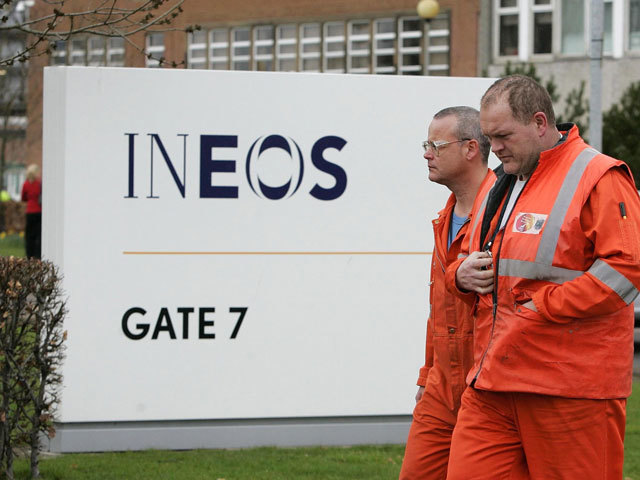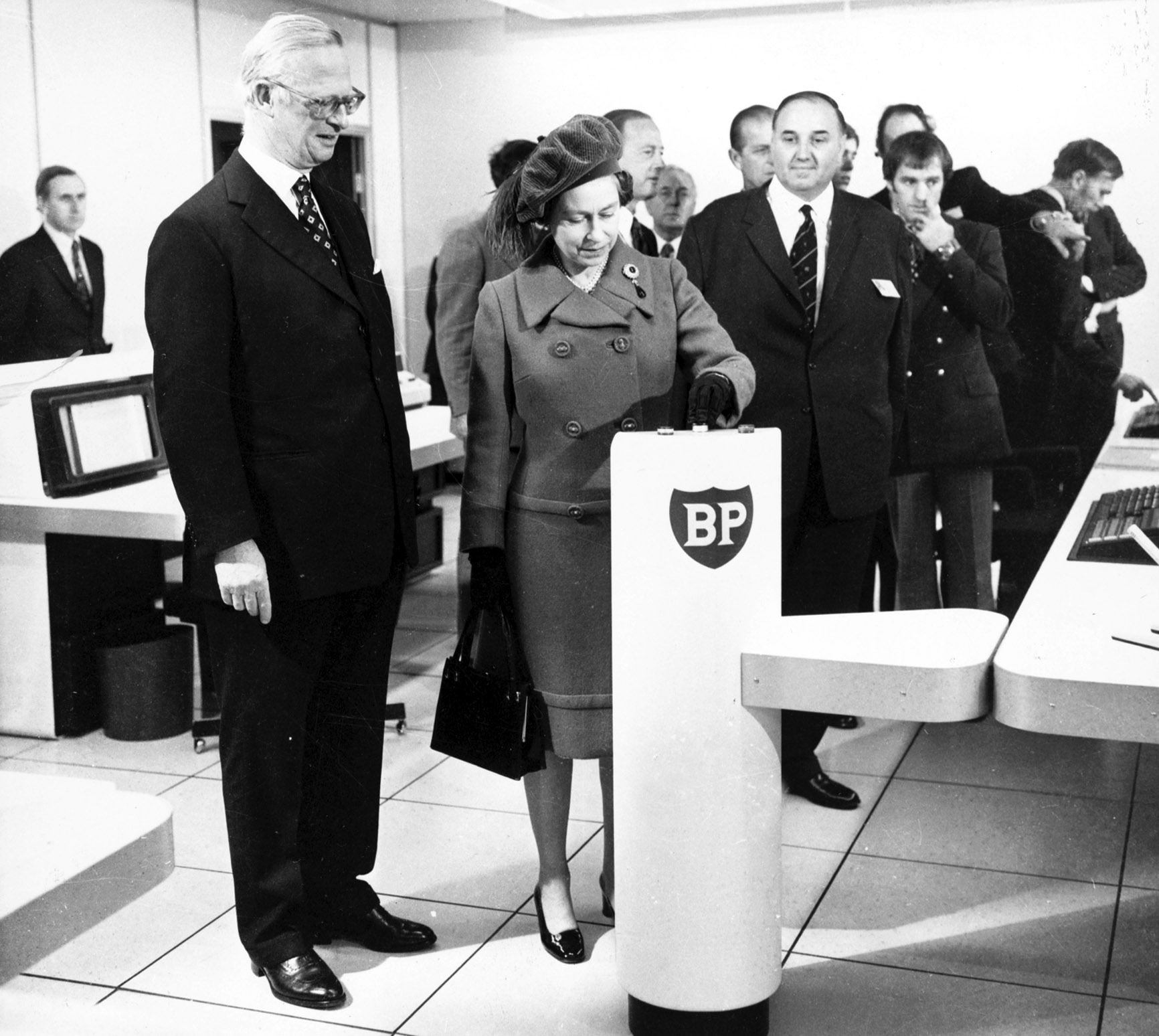
Ineos this morning confirmed it has acquired the Forties Pipeline System (FPS) from BP in a $250million deal, which includes 300 jobs.
The deal makes Ineos responsible for a strategic UK asset that delivers almost 40% of the UK’s North Sea oil and gas.
Jim Ratcliffe chairman and founder of Ineos said: “This is another very significant deal for Ineos. The acquisition reunites North Sea and Grangemouth assets under Ineos ownership. Ineos is now the only UK company with refinery and petrochemical assets directly integrated into the North Sea.”
The 235 mile Forties Pipeline System links 85 North Sea oil and gas assets to the UK mainland and the Ineos site in Grangemouth in Scotland. A total of 20% of the oil that passes through the pipeline feeds the Ineos refinery to provide 80% of Scotland’s fuel.
Under the terms of the agreement, Ineos will pay BP a consideration of up to $250million for the business, comprising a cash payment of $125million on completion and an earn-out arrangement over seven years that could total $125million.
On completion of the deal the ownership and operation of FPS, the Kinneil terminal and gas processing plant, the Dalmeny terminal, sites at Aberdeen, the Forties Unity Platform and associated infrastructure will transfer to Ineos. These assets will transfer as fully operational units.
It is expected that around 300 people who operate and support the FPS business at Kinneil, Grangemouth, Dalmeny and offshore will become part of the Ineos Upstream business.
BP group chief executive Bob Dudley said: “BP is returning to growth in the North Sea as we bring important new projects, including the Quad 204 redevelopment and Clair Ridge, into production and pursue further opportunities beyond these. While the Forties pipeline had great significance in BP’s history, our business here is now centred around our major interests west of Shetland and in the Central North Sea.
“The pipeline has long been an important feedstock supplier to Ineos at Grangemouth. We believe that through also owning FPS, Ineos will be able produce greater efficiencies and help secure a competitive long-term future for this important piece of UK oil and gas infrastructure.”
Mr Ratcliffe added: “The North Sea continues to present new opportunities for Ineos. The Forties Pipeline System is a UK strategic asset and was originally designed to work together to feed the Grangemouth refinery and petrochemical facilities. We have a strong track record of acquiring non-core assets and improving their efficiency and reliability, securing long term employment and investment. I am delighted that we can now bring this integrated system back under single ownership in Ineos.”
The acquisition and transfer of operatorship is targeted to complete in Q3 this year, subject to the receipt of regulatory and other third party approvals.
The deal further expands the Ineos Upstream business following the acquisition of the Breagh and Clipper South gas fields in the Southern North Sea from Letter1 in 2015, which currently supply gas to 1 in 10 British homes.
Built, owned and operated by BP, the Forties pipeline was opened in 1975 to transport oil from the Forties field, the UK’s first major offshore oil field. Today FPS carries liquids production from some 85 fields in the Central and Northern North Sea and several Norwegian fields on behalf of around 40 companies. The system has a capacity of 575,000 barrels of oil a day. BP sold its interests in the Forties field to Apache in 2003 and sold the Grangemouth refinery and chemical plants to Ineos in 2005.
Mark Thomas, BP North Sea Regional President said: “This allows us to further focus our North Sea business around our core offshore assets – bringing new fields into production, redeveloping and renewing existing producing facilities and acquiring and exploring new acreage and interests through licence rounds and farm-ins.
“As with our recent agreement with EnQuest, we believe this is a good example of having the ‘right assets’ in the ‘right hands’, offering new opportunities for the assets and benefitting the UKCS, in the spirit of the government’s aim of maximising economic recovery of the UK’s oil and gas resources.”
Around 300 BP staff are currently associated with operating and supporting the FPS business at Kinneil, Falkirk, Dalmeny, Aberdeen and offshore. BP will now begin consultation with in-scope staff for both the unionised and non-unionised populations.
The deal includes the FPS business, including existing customer contracts, and assets including:
– FPS equipment on Apache’s Forties Charlie platform.
– Forties Unity platform.
– BP’s interest in the GAEL N (54.3%), and GAEL S (30.5%) pipelines.
– 36” Forties sea-line.
– Redundant 32” sea-line.
– St Fergus-to-Cruden Bay natural gas liquids line.
– Cruden Bay terminal.
– 36” Cruden Bay-to-Kinneil land-line.
– Netherley, Brechin and Balbeggie pumping stations.
– Kinneil terminal.
– LPG storage and export at Grangemouth and Grangemouth docks.
– Kinneil-to-Dalmeny pipelines.
– Dalmeny tank farm and pipelines to Hound Point.
– Hound Point jetties.
The gross assets that are the subject of this transaction amounted to $816million as of 31 December 2016; however, they recorded a loss of $169million at the end of last year.
BP said the cash from the deal will be funneled into “general corporate purposes”. BP operates 11 fields which currently export around 55,000 barrels of oil a day through FPS. In 2016, the pipeline’s average daily throughput was 445,000 barrels of oil and some 3,500 tonnes of raw gas a day.

